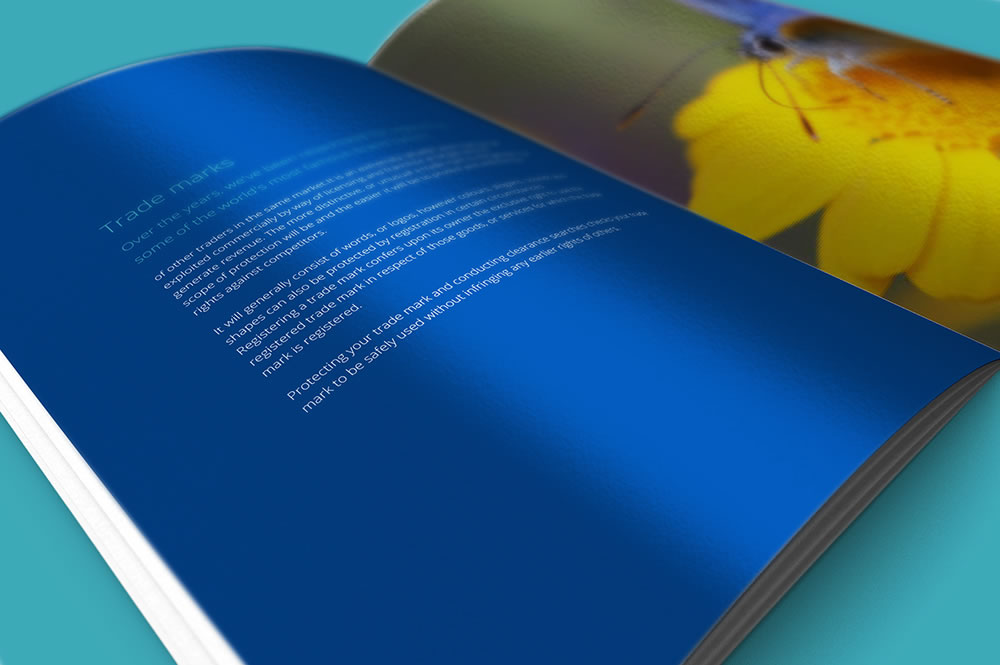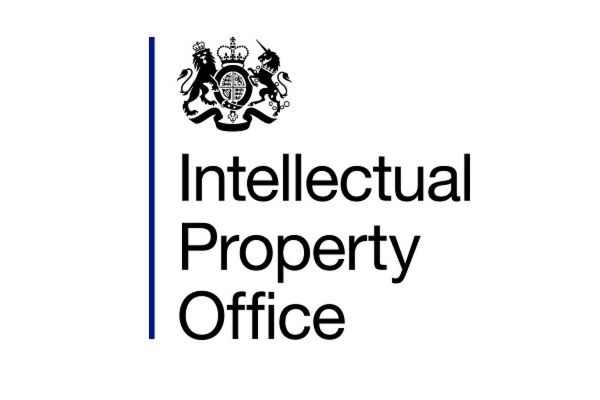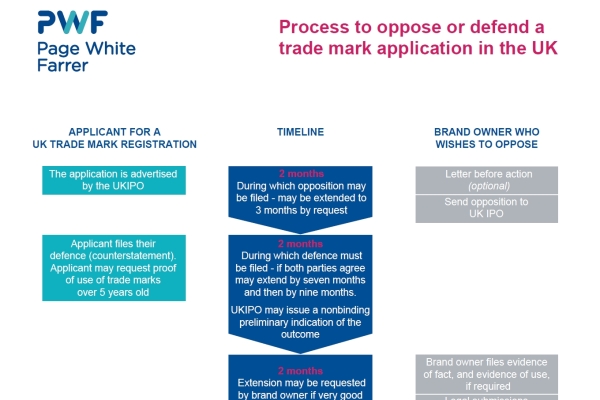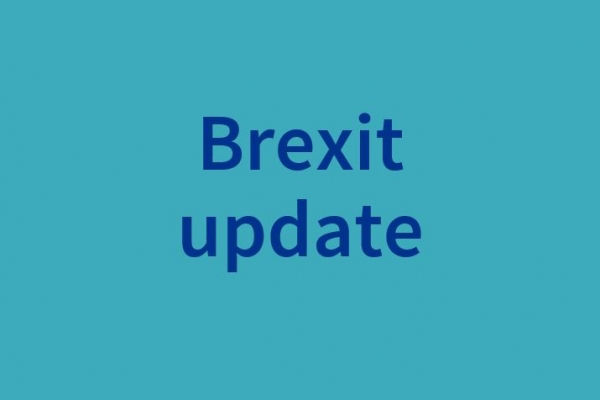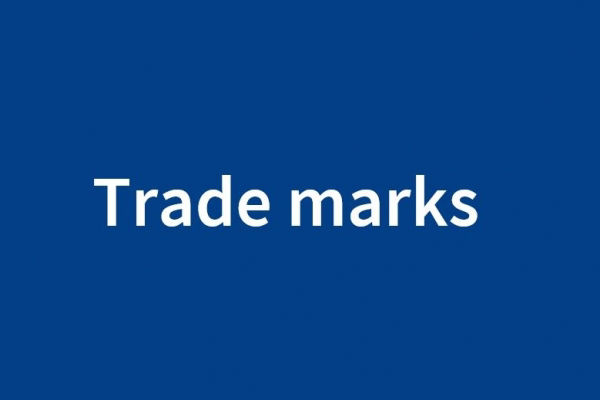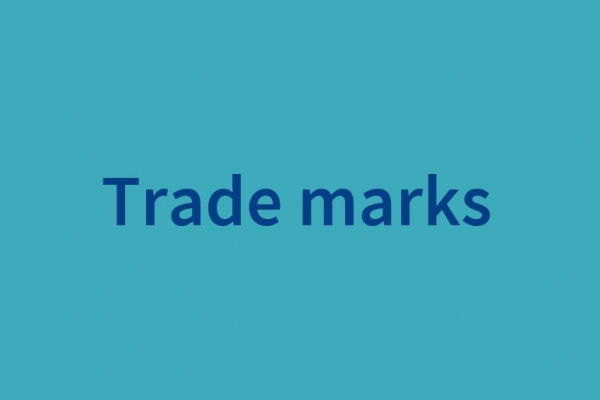Objecting to and opposing a UK trade mark application
When the UK Intellectual Property Office accepts a trade mark application, it is advertised in their online journal and there is a two-month period (extendable to three months) during which you can oppose its registration, if you believe that it is too similar to a trade mark which you own.
There are two ways in which you can object to a mark: via third-party observations or by opposing a trade mark application.
Anyone can make third-party observations, but this is not a formal legal action and the UK IPO is not bound to act on them and, in practice, they often do not agree with the comments.
The best prospect of stopping a trade mark registration, which threatens your brand will be via the opposition process. The Page White Farrer trade mark attorneys have extensive experience of oppositions and a strong track record of success.
.jpg) Understanding the opposition process in the UK
Understanding the opposition process in the UK
Click on the image or this link to download a flow chart showing the procedure in a UK Intellectual Property Office opposition:
Advance notification
The UKIPO advises that applicants should be given advance notice of your intention to object, so that they have an opportunity to withdraw their application. Failure to give notice may result in the UK IPO penalising you in the legal costs award later in the proceedings. The advance notice requirement can be dealt with by extending the opposition deadline, or by sending the applicant a letter.
Extension of time limit to oppose
It is possible to extend the deadline to oppose by one month only, on request.
The extension of time only benefits the opponent named in the request for the extension of time and does not benefit other parties. It is therefore important to list all business owners who may have rights through registration or use in the UK.
The UKIPO will notify the applicant that a “threatened opposition” has been filed by the opponent named in the extension request.
Invitation to withdraw letter
If wished, a letter can be sent to the applicant asking them to withdraw their trade mark application, or limit the list of goods, and/or give undertakings as to use. This would set out your earlier rights and ask them to take certain steps.
Negotiations can take many weeks, depending upon how the applicant reacts.
Legal grounds for an opposition
An opposition to a trade mark application can be based on the following grounds, amongst others:
- bad faith/descriptiveness/genericness/non-distinctiveness;
- similar mark or identical registered mark for similar/identical goods where there is a likelihood of confusion arising;
- an identical mark registered for identical goods;
- a similar or identical registered mark with a reputation which would be taken unfair advantage of, or if it would suffer detriment to its distinctiveness, or repute; or
- common law, passing off ie a false statement as to origin likely to effectively deceive and affect the reputation.
Information needed:
In order to oppose another trade mark application, we need to know the following:
- your name and business details;
- your registered trade mark(s);
- whether or not the marks have been used if they have been registered for over 5 years: if registered for more than five years, they can be the subject of a proof of use challenge and it is inadvisable to rely upon such registrations if marks are unused. It is a requirement for us to know the goods/services for which proof of use can be shown in registrations that are over five years old;
- whether the registrations are the subject of extensive reputation in the UK;
- for common law/ passing off rights -the year of first use in the UK and the goods and services for which there has been use in the UK and the towns, cities or regions where the mark has been used in the UK eg “all UK” - Common law/ passing off requires a likelihood of deception and often it is not beneficial to include such a claim, where the opponent has used the same marks on the same goods for which it has registrations.
You can rely on more than one registration, but the UK IPO will object if you rely upon more than six registrations.
What will happen after the opposition is filed
The other party will be given two months to file a defence, which can be extended by seven months if you both parties agree, and then by a further nine months if you both parties agree.
We would then file evidence of a factual nature to support your opposition.
The other party can file factual evidence to which you may reply with further evidence.
When the evidence stage is completed, you would be asked if you want a hearing, which is optional. This would be held via video link usually.
If you do wish to proceed to a hearing, we can instruct an advocate barrister to handle the hearing. If the other party requests a hearing it is highly advisable to attend also.
There is the alternative of filing written legal submissions (at a lower cost) and these are also optional. We do not usually recommend asking for a hearing and also filing written legal arguments, as it duplicates effort and increases cost.
Legal costs
While legal costs awards are made in such legal proceedings, the amounts do not fully compensate the successful party.
It is worth noting that costs awards are often not enforced, particularly where the parties are in other countries.
Time scale
If no defence is filed, the application would be deemed withdrawn around two months after your opposition is filed.
The UK IPO tries to progress matters as quickly as possible, but if there is a fully contested opposition with time extensions, the case could take around three years.
In practice, very many cases are resolved by negotiated settlement, or by the applicant not filing a defence.
Appealing a decision by the UK IPO
An appeal is possible in two ways:
- to a senior lawyer (known as the Appointed Person) from which there is no further right of appeal; or
- to the courts from where further appeal is possible.
Please let us know if you have any other questions concerning the procedure.
How we can help
If you are concerned about a potential trade mark registration at the UK IPO, we can help you to assess the strength of your case and determine the best course of action.
Contact our trade mark attorneys via our enquiry form, and we can discuss your situation.


